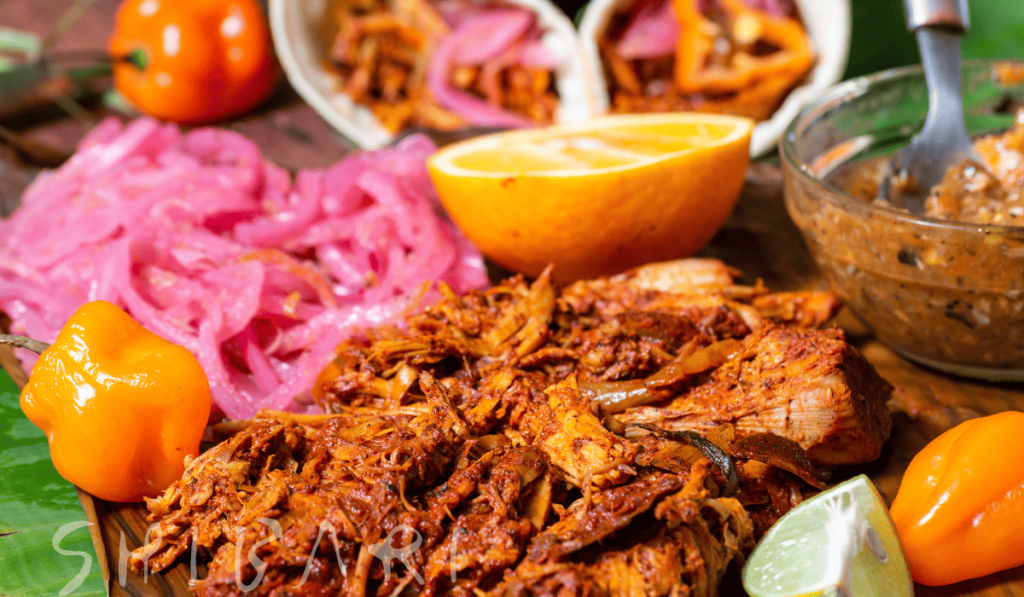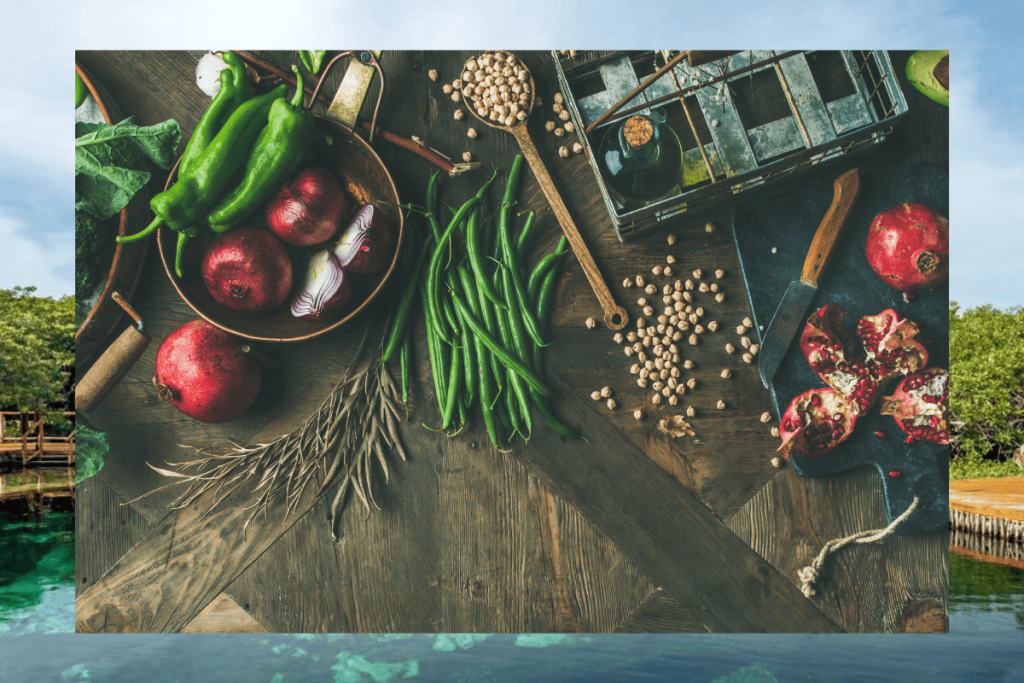ATTA’s Chef Daniel Franco has deep roots in the Yucatan peninsula—it was his grandparents who first inspired him to become a chef with their delicious traditional Maya cooking.
So he’s just the right person to explain to us why our local Maya food is actually one of the best cuisines around for vegan eaters!
Here, the lowdown on some of our best ancestral vegan dishes and their nutrition-packed ingredients.
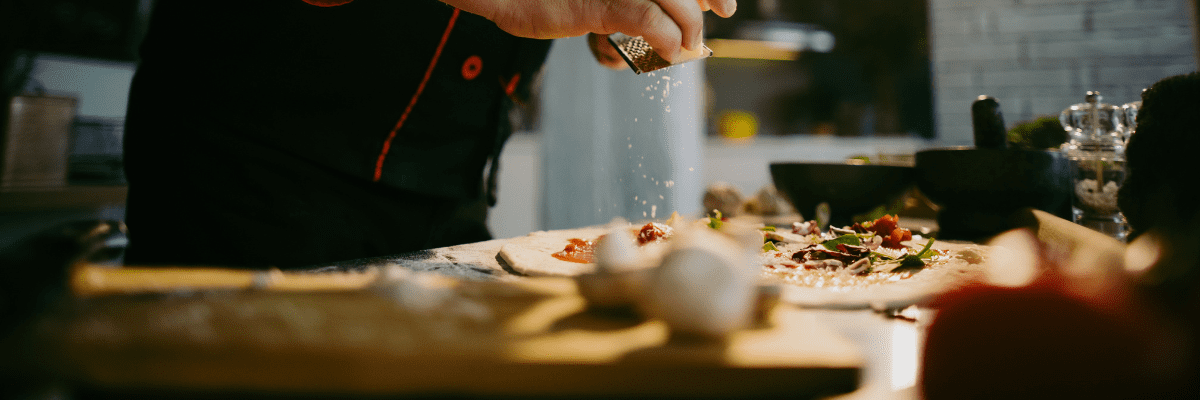
Four Foodie Fave Maya Vegan Dishes
The Yucatan region is known for its rich, varied cuisine, full of intense flavors. Vegan dishes are no exception! Forget about those tired stereotypes of blah bland vegan food—Maya vegan food is as tasty as they come.
Here, a few favorite traditional dishes to try first (as suggested by Chef Daniel):
Sikil Pak
To make this savory, tangy traditional dip, ground toasted pumpkin seeds get pureed with tomato, cilantro, onion and sour orange juice, ending up sort of like hummus (well, in texture anyway!) Serve with handmade corn tortillas or tortilla chips, and watch the bowl empty faster than you can say “Sikil Pak”.
Papadzules
The vegan version of this most typical Maya breakfast dish is handmade corn tortillas, filled with a pumpkin seed paste and covered with a tomato sauce, then sprinkled with savory ground pumpkin seed powder. All those pumpkin seeds replace the egg of the non-vegan version, and pack every bit as much flavor.
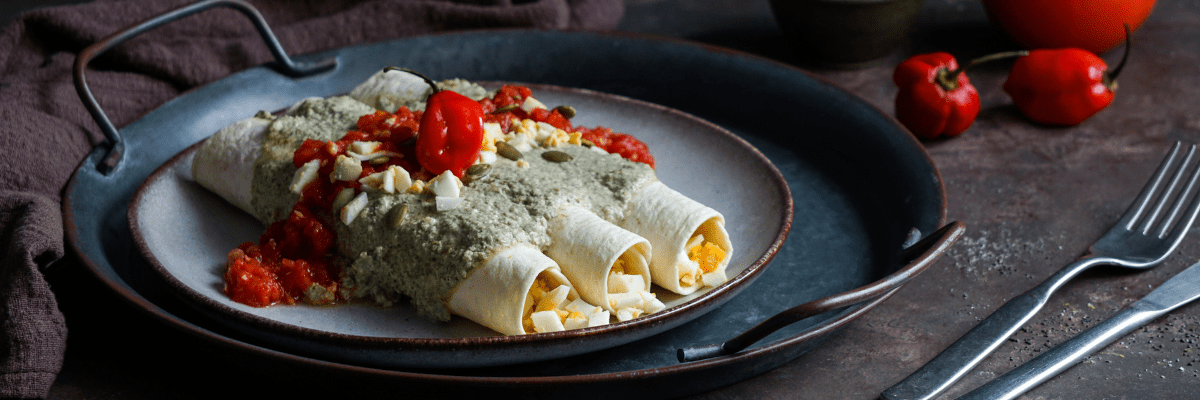
Xpelón Tamales
These tamales are made with xpelón (a type of small local bean) and corn dough and wrapped in banana leaves. Lots of steaming later, they turn into a tasty vegan option, best enjoyed with a tomato salsa—fiery or mild, your pick.
Tzotobilchay
Also known as Brazo de Reina, or “The Queen’s Arm,” these are tamales made with corn dough mixed with bright-green chaya leaves, filled with ground pumpkin seeds and wrapped in banana leaves. Layer on tomato sauce, and you’ve got a complete meal.
The best thing about these vegan traditional local foods? Besides being delicious, they offer you a connection to our region’s rich cultural and culinary heritage.
Our Ingredients´ Roots (Literally)
Yes, our region is famous for pork dishes like cochinita pibil, but all the Maya staple foods have always been vegan!
Whether it was 3500 years ago or today, a traditional Maya family has fruit trees and vines around their house, and tends a milpa—a small plot of land with a sophisticated growing system. Just the right vegetables, roots and legumes are grown together to make maximum use of a tight space (since most of the land is jungle.)
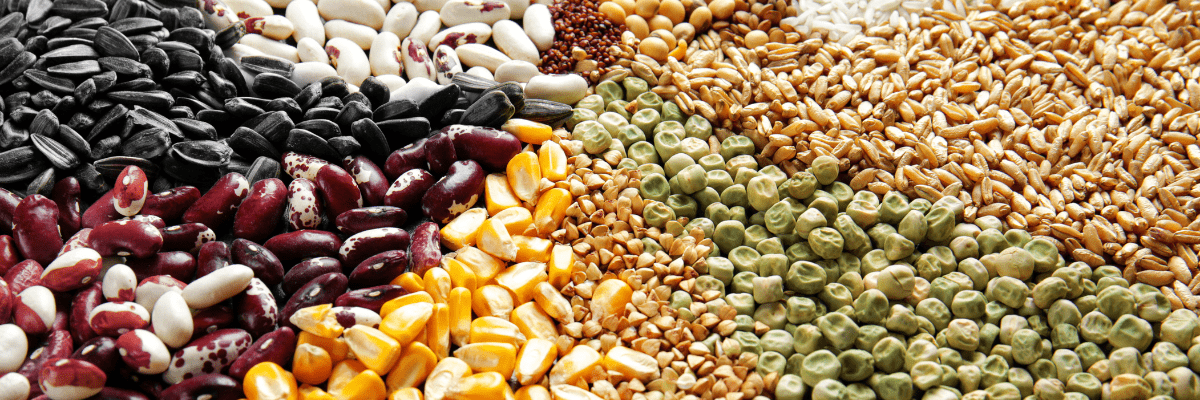
These foods also happen to be vegan nutritional superfoods! (No wonder milpas were recognized since 2022 by the United Nations as a “Globally Important Agricultural Heritage System” or GIAHS).
Here below are just a few of our healthy vegan starring ingredients.
Powerhouse Maya Vegan Ingredients Fit for Athletes
Squash and Pumpkin: Pumpkin seeds regularly make the top superfoods lists, since they’ve got lots of magnesium and flavonols, plus they’ve been shown to ward off parasites.
Chaya: So nutritious, we wrote a whole blog about it here! With 10 times the Vitamin C of oranges, these green backyard leaves are so chock-full of antioxidants, they make even Spinach look like Doritos by comparison.
Corn: Our #1 food across Mexico is a great source of quercetin—which some studies show can protect the brain— and lutein and zeaxanthin to keep eyes sharp.
Papaya: Back in 2021, papayas went viral on TikTok with claims that their seeds can get rid of parasites—an idea several studies have now backed up. The much yummier fruit, meanwhile, is full of antioxidants linked to better brain health and cancer prevention.
Chiles: From X´catik to Habanero chiles, they all contain capsanthin and capsaicin, which surprisingly enough, can soothe pain, and are anti-inflammatory (though, anyone who’s ever accidentally touched their face after cutting chiles may have a hard time believing that!!)
Makal (Local Malanga): This root similar to yuca is full of fiber, B vitamins and potassium, a nutrient that can help stop muscle cramps.
Cacao: At ATTA Restaurant and Shibari hotel, we love cacao so much that we host a healing cacao ceremony. Nutritionally, raw cacao is one of the world’s best sources of polyphenols, with a host of health benefits from lowering blood pressure, to increasing joy.
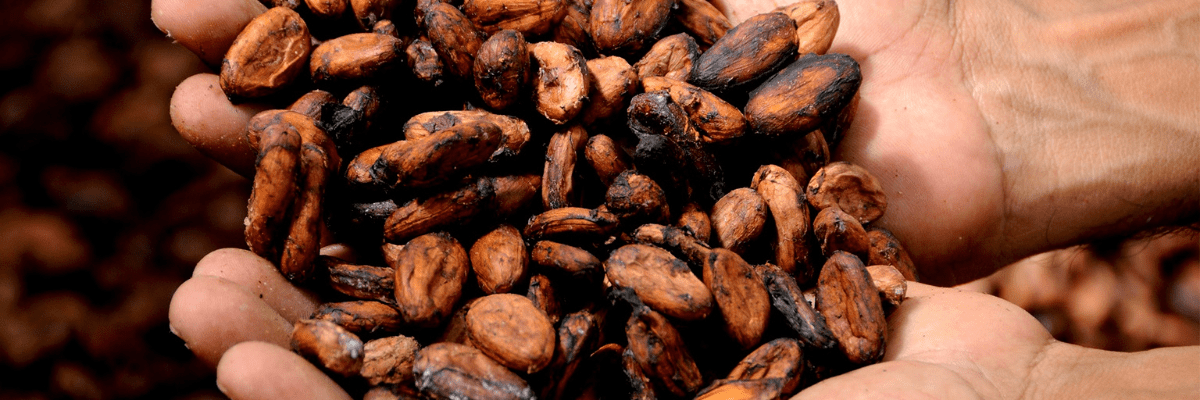
If you love healthy vegan eating, try ATTA’s Cenote Restaurant to sample our vital, vibrant local delicacies. You’ll feel immersed in Maya culture at one of Tulum’s best fine dining restaurants, while boosting your health and caring for Mother Earth.
What better way to spend a vacation?



